The funeral for Iranian President Ebrahim Raisi and his entourage, who tragically died in a helicopter crash, entered its second day on Wednesday. The ceremony was held at the University of Tehran and presided over by Iran's Supreme Leader Ayatollah Khamenei. Millions of mourners attended to pay their respects.
President Raisi, along with Foreign Minister Hossein Amir Abdollahian and eight others, perished in the crash on Sunday night. Supreme Leader Khamenei led the funeral rites for all nine victims.
The coffins of the deceased were brought to Tehran University early Wednesday morning. Previously, thousands of mourners had gathered on Tuesday at the Grand Mosalla mosques in Tabriz, Qom, and Tehran to pay their respects.
Prominent leaders of resistance groups against Israel, including Hamas' Ismail Haniyeh and Hezbollah's Sheikh Naim Kassem, attended the funeral. They were joined by top leaders of Iran's Islamic Revolutionary Guard Corps. Haniyeh addressed the mourners, expressing condolences on behalf of the Palestinian people and the Gaza resistance group.
International dignitaries present at the funeral included Pakistani Prime Minister Shahbaz Sharif, Iraqi Prime Minister Al-Sudani, Turkish Foreign Minister, Indian Vice President Jagdeep Dhankhar, and representatives from Russia and Afghanistan.
In the afternoon, Iran organized a memorial service attended by foreign dignitaries and representatives from Turkey, Iraq, India, Russia, Afghanistan, Pakistan, China, Azerbaijan, and Armenia.
Following the ceremony, Raisi's body was scheduled to be transported to his hometown of Mashhad. He will be buried at the Imam Reza Shrine on Thursday, a significant pilgrimage site that attracts millions of visitors annually, according to Iranian state media.
The helicopter crash has sent shockwaves through Iran, sparking various theories and speculations regarding the circumstances of the crash. Despite ongoing investigations, the public remains skeptical about the nature of the incident.
The loss of President Raisi and his key officials marks a critical moment for Iran, with significant implications for its political landscape and foreign policy, though analysts suggest that the fundamental principles of Iran's governance will remain unchanged.



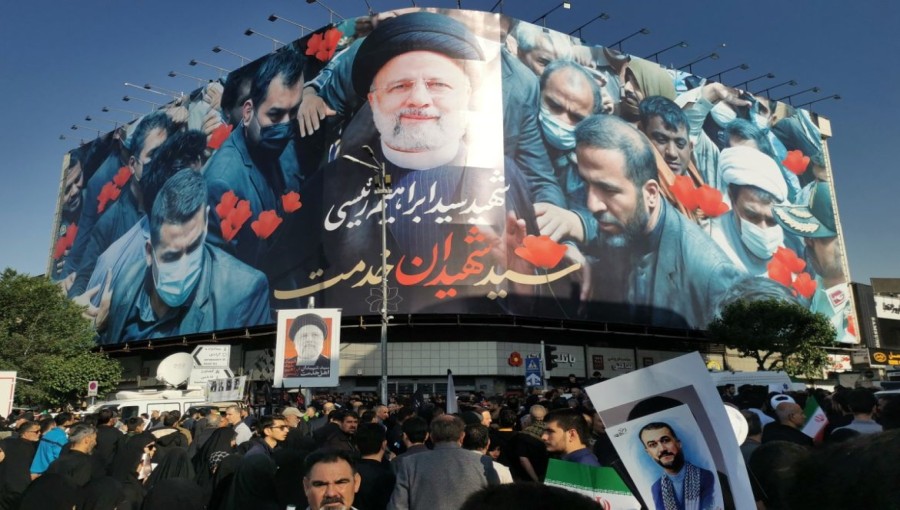






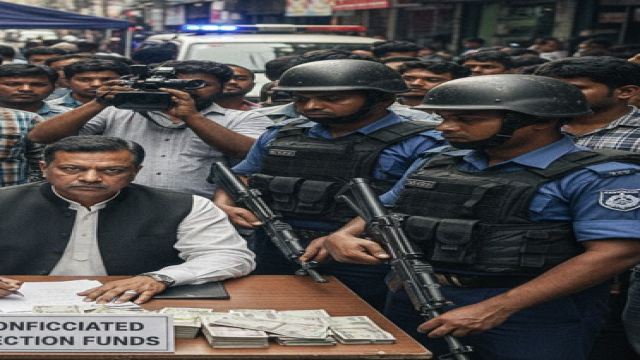
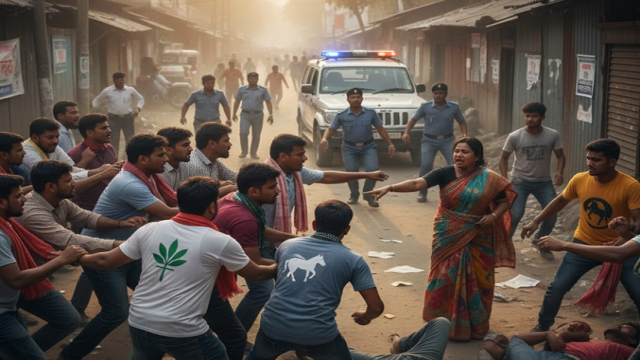
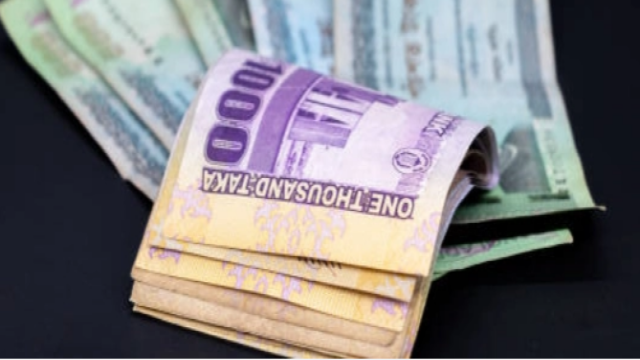
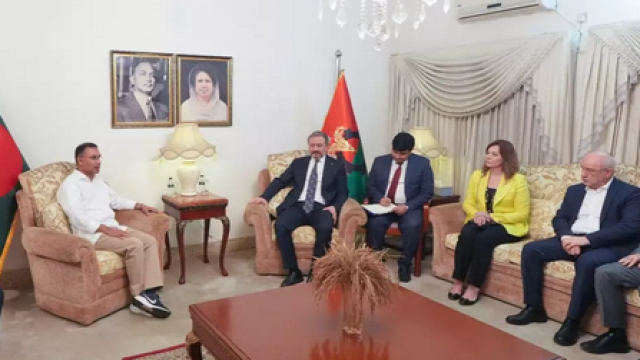
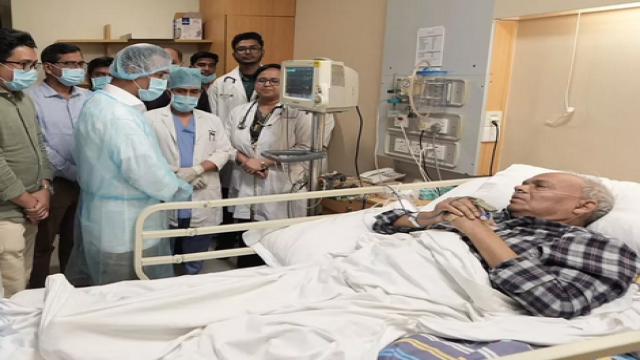
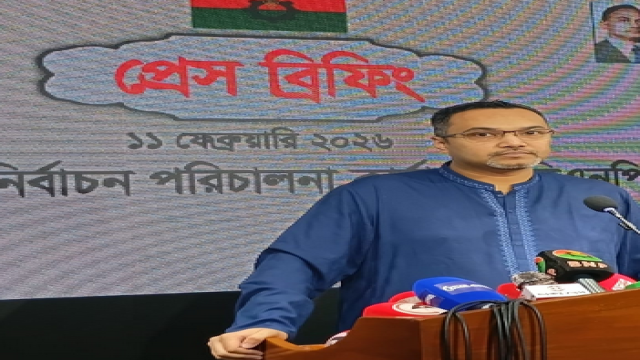
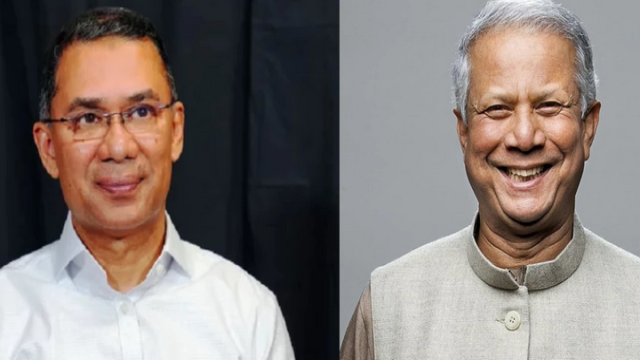
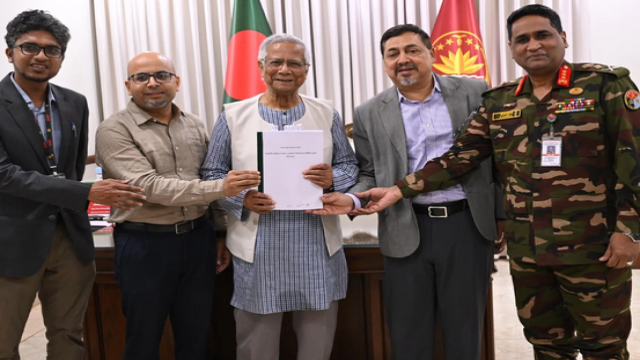
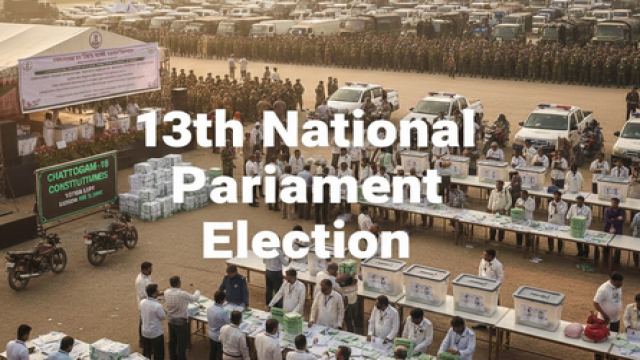
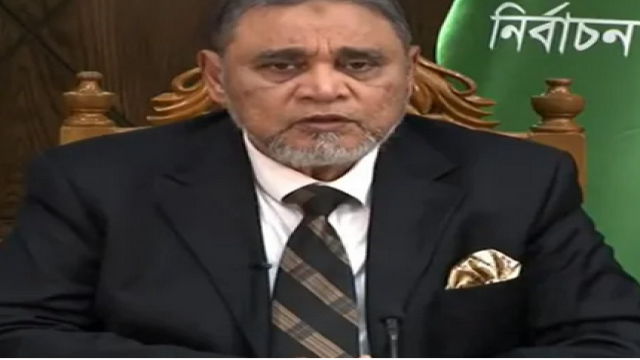











Comment: